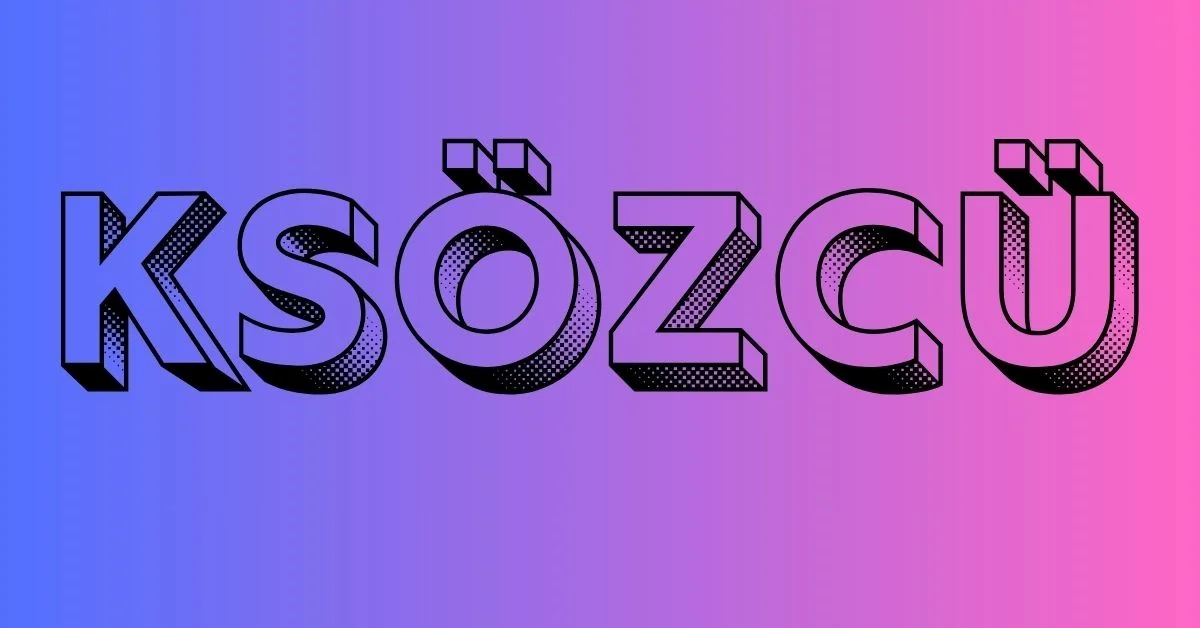In an age where language constantly evolves and new words emerge through global connections, imagination, and storytelling, every unfamiliar name carries with it the potential for depth and discovery. One such fascinating and unexplored term is Dadiyanki.
Though it does not have an established definition in dictionaries or mainstream usage, Dadiyanki sounds like something ancient, powerful, and possibly rooted in folklore, tradition, or digital culture. Its unique sound evokes a strong identity—whether as a mythological figure, a cultural movement, a personal brand, or even a tech platform.
This article explores the many dimensions Dadiyanki could represent, and how such conceptual terms can serve as powerful tools for creative expression, branding, or storytelling.
What Could “Dadiyanki” Mean?
The beauty of abstract or invented names lies in their flexibility. The name Dadiyanki blends sounds that suggest regional, possibly indigenous or ancient cultural origins. It has syllables that are rich and rhythmic—almost ceremonial.
Here are a few interpretations:
-
Folkloric: Dadiyanki could be a name of a mythical guardian, a deity of the forest, or an ancestral spirit passed down through oral traditions.
-
Cultural: It could signify a tribal tradition, a dance form, or a rite of passage.
-
Digital: In modern branding, it could be a username, NFT collection, or metaverse identity.
-
Personal: Dadiyanki might be a stylized pseudonym adopted by an artist, creator, or social figure.
In essence, Dadiyanki becomes what we assign to it—and therein lies its power.
Dadiyanki as a Cultural Symbol
Let’s imagine Dadiyanki as part of a forgotten or fictional folklore. Perhaps she (or he) was a figure from ancient mountain civilizations—protector of wisdom and the cycles of nature. Dadiyanki could be portrayed as:
-
A wise elder who passes down knowledge
-
A spirit guardian of time, seasons, or memory
-
A figure in children’s bedtime stories, like a symbol of comfort and mystery
In this context, storytellers or artists could adopt Dadiyanki as a central character in books, animation, or even video games exploring themes of myth, identity, and nature.
Dadiyanki in Modern Digital Culture
In digital spaces where usernames, avatars, and handles define identity, a name like Dadiyanki has clear advantages:
-
✅ Unique – It’s unlikely to be already taken on platforms like Instagram, Twitter, or GitHub.
-
✅ Memorable – Its distinct rhythm sticks in the mind.
-
✅ Flexible – It could be playful, serious, spiritual, or artistic.
A digital creator might choose the name @Dadiyanki to represent a persona that’s mysterious, grounded, and wise—a storyteller, coder, or educator who shares knowledge in engaging ways.
Branding Potential of Dadiyanki
If one were to build a brand around the name Dadiyanki, it could span industries such as:
1. Art and Culture
An art collective or gallery inspired by indigenous wisdom and heritage could adopt the name. It might focus on:
-
Preserving oral traditions through digital media
-
Hosting cultural workshops or exhibitions
-
Selling handcrafted items or folklore-inspired apparel
2. Tech for Good
A social impact startup using tech to empower rural or indigenous communities could brand itself Dadiyanki, symbolizing deep-rooted wisdom and ethical innovation.
3. Wellness and Spirituality
In the wellness space, Dadiyanki could represent:
-
A herbal tea or plant-based remedy line
-
A mindfulness or meditation app with ancient themes
-
A podcast series on ancestral healing and nature-based living
Visual Identity of Dadiyanki
To bring a name like Dadiyanki to life, branding should reflect its mystical and grounded qualities. Here’s a concept breakdown:
| Brand Element | Concept |
|---|---|
| Logo | Circular symbol, incorporating natural elements like trees, spirals, or fireflies |
| Color Palette | Earthy tones (ochre, deep green, rust), accented with gold or midnight blue |
| Typography | Elegant serif font with calligraphic or tribal influences |
| Tone of Voice | Warm, poetic, wise, and inclusive |
Whether it’s for a digital creator or a product line, the identity should convey depth, mystery, and meaning.
Possible Lore of Dadiyanki
If Dadiyanki were a mythological or fictional figure, here’s a sample origin tale:
“Long ago, when the sky was younger and stars still whispered, Dadiyanki walked the borderlands between earth and spirit. She carried stories in her breath and light in her bones. The trees bowed to her wisdom, and the rivers echoed her songs. She did not rule—but reminded. She did not command—but revealed. When the people lost their way, Dadiyanki returned, not with answers, but with questions shaped like stars.”
This sort of narrative can serve as inspiration for fantasy literature, comic books, films, or even ritual-inspired branding.
FAQs About Dadiyanki
Q1: Is Dadiyanki a real word?
No, Dadiyanki appears to be a coined or rare name without mainstream linguistic definition. That makes it ideal for creating original meaning.
Q2: How do you pronounce Dadiyanki?
Likely: DAH-dee-yan-kee – but pronunciation could vary based on regional flair.
Q3: Can Dadiyanki be trademarked?
Yes. Its originality makes it highly suitable for trademark registration in various sectors.
Q4: What does Dadiyanki represent?
Depending on context, it could symbolize wisdom, ancient traditions, storytelling, identity, or creative exploration.
Q5: Who might use a name like Dadiyanki?
Artists, musicians, educators, wellness brands, tech startups, game developers, or content creators.
Q6: Is Dadiyanki tied to any specific culture?
Not officially. While it has a globally inspired sound, it is an open name, inviting new stories, meanings, and cultural intersections.
Conclusion: The Spirit of Dadiyanki
Dadiyanki is a canvas for the imagination. In a world where stories define how we live, connect, and create, new names offer us tools to shape the future. Whether you see Dadiyanki as an elder from another world, a creative identity, or a brand-in-waiting, its value lies in the story you choose to tell with it.
From fashion labels and podcasts to web series and community initiatives, Dadiyanki has the potential to unite ancient roots with modern needs—to stand for curiosity, wisdom, and purpose in a fast-paced digital age.


